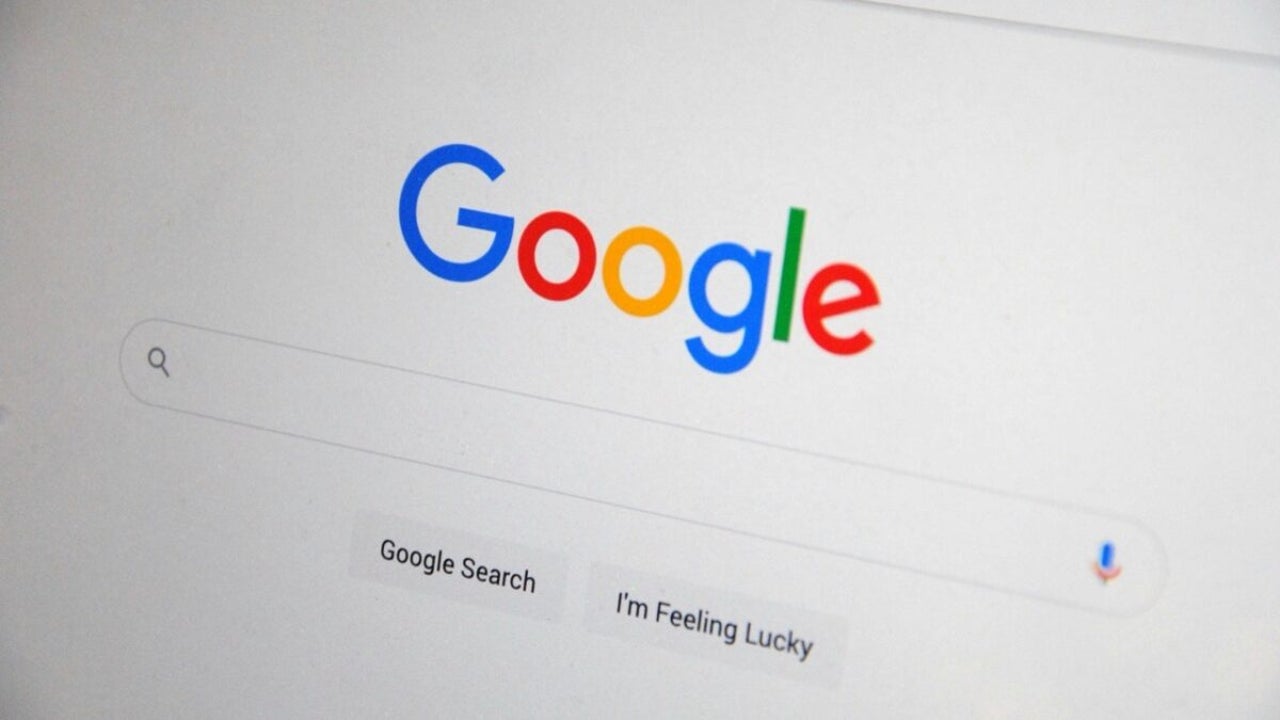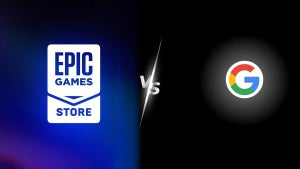News
Google has announced it is dropping several devices: this is the list
Google is ending production of the Nest Protect and Nest x Yale Lock, replacing them with third-party alternatives while promising support for up to 10 years.

- March 30, 2025
- Updated: July 1, 2025 at 10:01 PM

Google is shaking up its smart home strategy with a surprising move that has left many users frustrated. The company has confirmed it will stop producing certain popular devices from its Nest line, a decision that has sparked debate about its long-term commitment to home hardware.
Devices being phased out
Google has announced the end of the road for the Nest Protect smoke detector (2013–2015) and the Nest x Yale Lock (2018). While these devices will continue to function and receive security updates for up to 10 years, they will no longer be produced. Users can still find them in stores while supplies last, likely with deep discounts aimed at clearing inventory.
No direct successors in sight
Unlike past transitions, Google will not develop new versions of these discontinued products. Instead, the company recommends alternatives from third-party brands that are compatible with Google Home. However, this decision has caused concern among users who trusted the design quality and support of Google-made devices.
Mixed signals from Google
To calm the backlash, Google insists it is not stepping away from smart home tech altogether. The company highlights recent launches like the Nest Learning Thermostat (4th gen) and a new Google TV Streamer. However, these announcements haven’t fully reassured the community, especially amid ongoing issues with Google Assistant’s integration with Gemini AI.
The shift reflects a broader strategy to streamline the product lineup, but it risks alienating long-time users who prefer native Google devices over third-party options. For now, smart home fans will have to rely on other brands to fill the gaps left behind.
Latest from Agencias
- Halo meets Cyberpunk 2077 in this new and highly anticipated video game
- This is the reason why all the GTAs take place in cities in the United States, according to its creator
- These are the 6 movies you can watch on Netflix with over 90% on Rotten Tomatoes
- Amazon wanted to compete with Steam and the reality is that not even with all the money in the world has it succeeded
You may also like
 News
NewsHalo meets Cyberpunk 2077 in this new and highly anticipated video game
Read more
 News
NewsThis is the reason why all the GTAs take place in cities in the United States, according to its creator
Read more
 News
NewsThese are the 6 movies you can watch on Netflix with over 90% on Rotten Tomatoes
Read more
 News
NewsAmazon wanted to compete with Steam and the reality is that not even with all the money in the world has it succeeded
Read more
 News
NewsThe eternal fight between Google and Epic Games could end very soon
Read more
 News
NewsThe most iconic adventure movie of the 90s arrives on Disney+
Read more